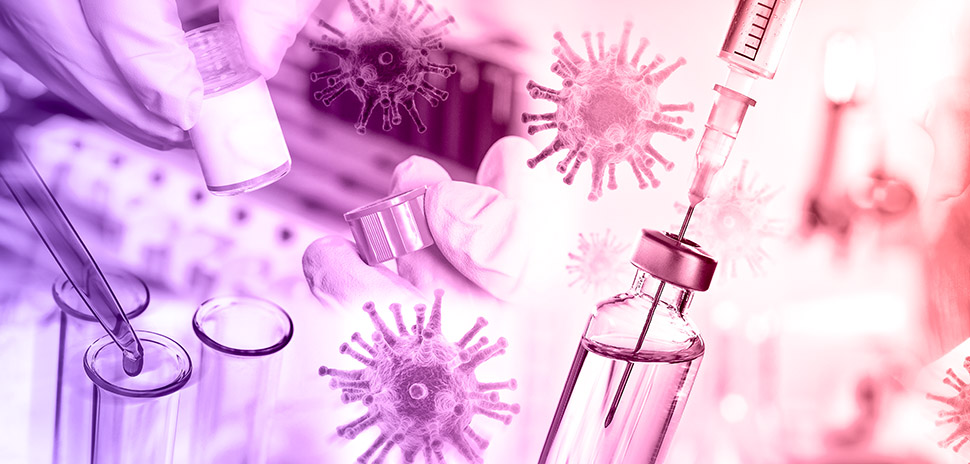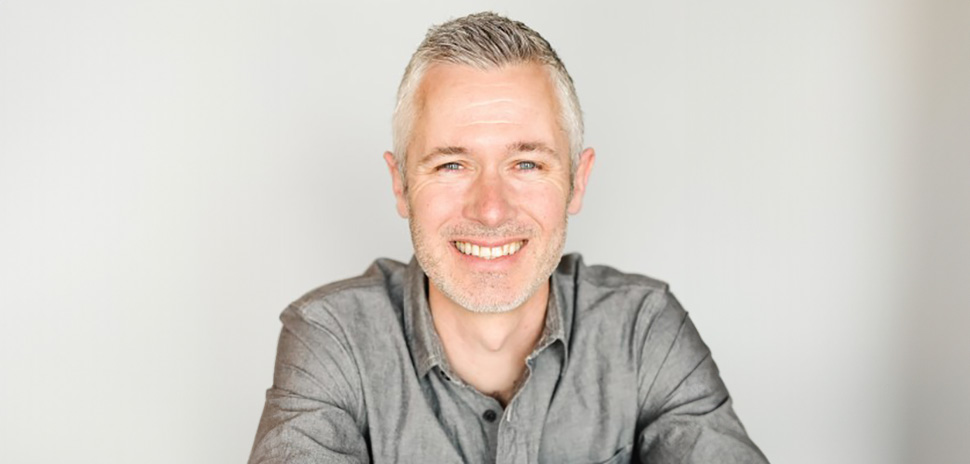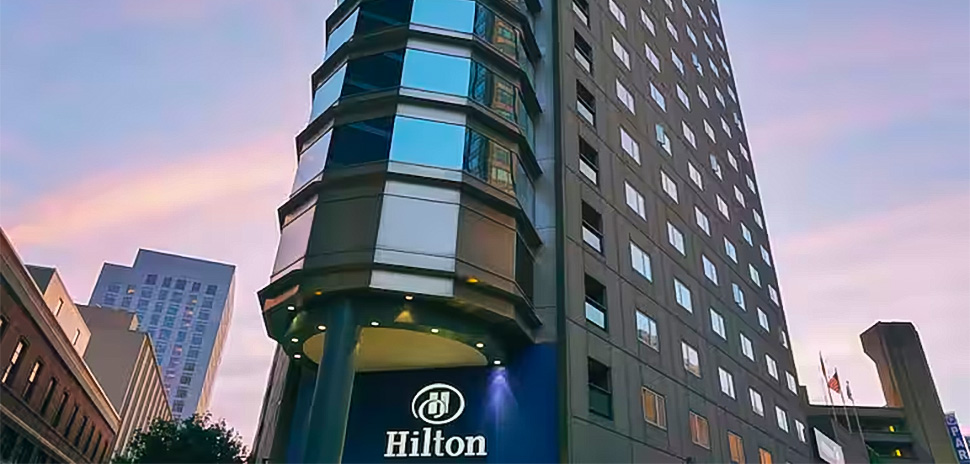Vaccine research and development typically takes about 15 years.
Today, doctors and researchers at the Bill and Melinda Gates Foundation are leading a global race to deliver a COVID-19 vaccine in two to three years, which would be the fastest commercial delivery of a vaccine in history. The mumps vaccine, which protects children and adults from mumps, measles, rubella, and chickenpox, is currently the fastest vaccine to ever be developed at four years, said Dr. Lynda Stuart, Deputy Director of Vaccines & Human Immunobiology at the Bill & Melinda Gates Foundation, at a Thursday, September 24, Dallas Regional Chamber Board of Advisors virtual meeting.
“The first phase of vaccine R&D is the early discovery and development phase. This can take up to five or 10 years; in HIV, we are still trying to discover a meaningful vaccine,” said Dr. Stuart. “This [timeframe] has been really accelerated for the COVID response, and we were out of discovery in about two months in this pandemic.”
Nicole Small, CEO of LH Capital/Lyda Hill Philanthropies, moderated the virtual discussion with Dr. Stuart and Lyda Hill, one of America’s most renowned entrepreneurs and philanthropists. The discussion focused on current developments and challenges in delivering a COVID-19 vaccine, and how Hill’s focus on game-changing biotech developments in the Dallas Region will be a future asset for North Texas.
“The foundation is deeply invested in vaccines because we recognize they’re the public health tool with the greatest impact,” Dr. Stuart said. “Unfortunately, now that we’ve seen [COVID-19] spread so widely across the globe, we are probably here with this disease for the long haul.”
Here are three key takeaways from the discussion on the global race for a COVID-19 vaccine, the future of Pegasus Park, and the Dallas Region’s role in biotech:
Global Response Requires Global Coordination
For the past 20 years, the Bill and Melinda Gates Foundation has spent billions of dollars on developing and delivering vaccines to protect children in low- and middle-income countries. But today’s COVID-19 response team is working on an accelerated timeline and at an unprecedented scale.
COVID-19’s impact on global health and the global economy has created an enhanced race to deliver a vaccine with a 12- to 18-month targeted delivery.
“This manufacturing piece of really getting to four billion doses that would be required to protect the planet is something that has never been done at this scale,” Dr. Stuart said. “So, even in the U.S., after we have a safe and efficacious vaccine, it will probably be out in Q3 and Q4 2021. And if you think about that around the globe and in low- and middle-income countries, we may not be able to protect the planet until 2023 or 2024.”
To meet advanced development and delivery, research and development phases are running on tighter and simultaneous timelines to further research, trials, and deployment.
“Today, we’re in the midst of Phase 3 [clinical trials]. The next thing that will need to happen is someone will need to register the vaccine and say it is safe, it is efficacious, and it can be used in the public. That is really the thing we are all waiting for, which is going to be the big ‘We have a vaccine.’”
But so much is still unknown about the global manufacturing and delivery, especially the last-mile delivery to at-risk populations. Modeling data shows that if distribution of the vaccine is prioritized and given to the most at-risk populations across the globe, the total number of COVID-19 deaths could be cut in half, Dr. Stuart said.
“This is something that actually requires a lot of thought and a lot of prioritization to make sure the health care workers, the elderly, the people with pre-existing conditions, let’s make sure they get this vaccine first because this is how it will be most impactfully deployed.”
In addition to the challenge of creating billions of doses, Dr. Stuart said the global response requires complex partnerships and coordination for distribution of doses. The ensuing challenge will be access to infrastructure, such as required ultra-cold storage freezers needed to store the vaccine—something parts of rural America does not have.
“This is a huge logistical challenge. Undoubted.” Dr. Stuart said.
Global Health Starts at the Community Level
“We need to get down into the grassroots level to get the confidence in vaccines to where it needs to be,” Dr. Stuart said. “And the problem is if we don’t vaccinate enough people, we’re just going to be in this cycle of pandemic and outbreaks forever.”
Today, polls show between 30 and 50 percent of people would not take a vaccine if it were available.
“Safety will not be compromised by these companies, and I find that very reassuring,” Dr. Stuart said. “I think it’s really important for people to really lean on the scientist and understand there is no strange conspiracy theory behind this.”
Many companies are working with organizations such as the Gates Foundation to produce an effective vaccine. Dr. Stuart said about five vaccines are needed to get the number of doses required for global immunization.
“We need all of the companies here at the table, we need to get all these vaccines out, and hopefully they will all work—but we don’t know that, yet,” Dr. Stuart said. “As corporate leaders, making sure your own employees are vaccinated and encouraging, and if you can, facilitate their families and try to get into their communities. I really do think this is going to be a community effort once we do have a vaccine to get the maximum uptake.”
Dallas Region Viewed as the “Third Coast” in Biotech Arena
The idea to build a biotech ecosystem in Dallas has been around for decades, and now many are calling North Texas the third coast in biotech.
The Dallas Region’s climate of innovation, diverse demographics, great job growth, and rich ecosystem of collaboration make it a great place to launch the Biotech+ Hub at Pegasus Park, Small said.
Pegasus Park is a 23-acre multipurpose campus off Stemmons Freeway in Dallas across from UT Southwestern Medical Center. The location, expected to open in 2021, will include a biotech hub, a nonprofit shared space, conference center, commercial space, and Community Beer Co.’s Brewery.
“Do the other things people can’t and won’t do, not what they can and will do,” Small said.
The long-term economic goal is to attract biotech companies, and capture and retain talent. Pegasus Park will allow life-saving medicines to get to the bedside quicker, Small said.
Hill, who has invested in biotech and medical science since 1979, said investing in biotech and companies producing helpful drugs and products is the fastest way to make a positive impact in health sciences and the world.
“Texas is really full of risk-takers, and I would really like to encourage fellow Texans to invest here,” Hill said.
The Board of Advisors event presenting sponsor was UT Southwestern Medical Center, and Balfour Beatty was the corporate sponsor.
A version of this story first appeared on the Dallas Regional Chamber site. Dallas Innovates is a collaboration of D Magazine Partners and the Dallas Regional Chamber.
![]()
Get on the list.
Dallas Innovates, every day.
Sign up to keep your eye on what’s new and next in Dallas-Fort Worth, every day.






































































